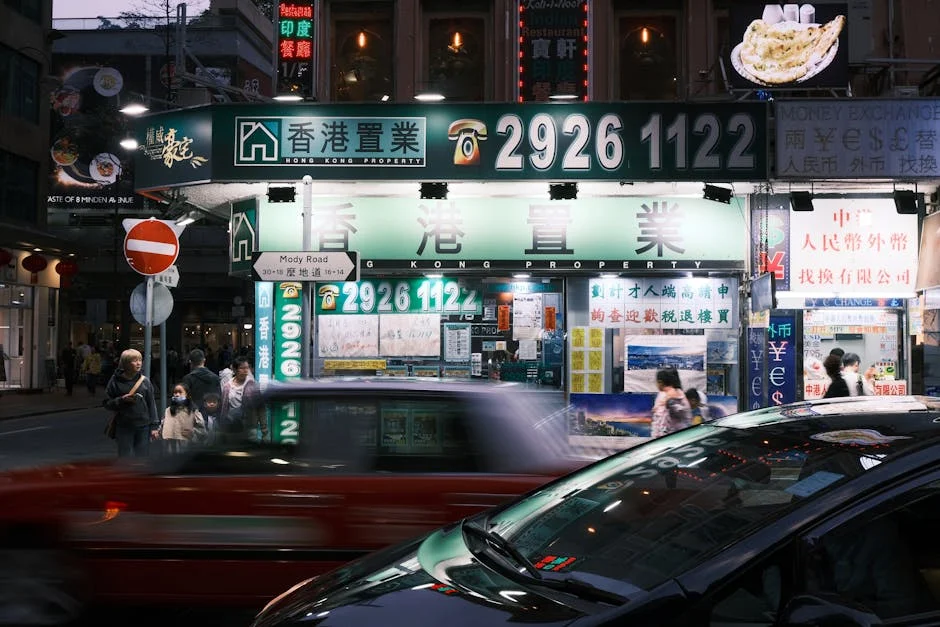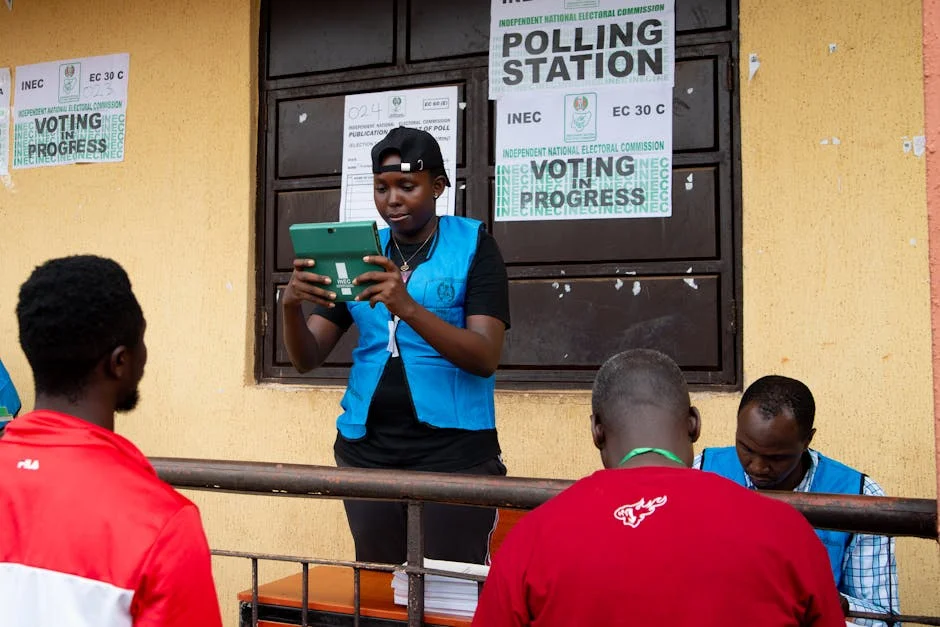President Bola Tinubu took to the airwaves on Monday in a National Broadcast titled “AFTER DARKNESS COMES THE GLORIOUS DAWN.”
In the 18 minutes broadcast, President Tinubu addressed the pressing economic challenges facing Nigeria and outlined his government’s policies to steer the country toward a more sustainable and productive economy.
The speech covered critical topics such as the removal of fuelsubsidy, plans for businesses and enterprises, agriculture, minimum wages, transportation, and inflation monitoring.

Here are 5 key takeaways from his address.
President Tinubu justified the removal of fuel subsidy, a measure he claimed has consistently advocated for years.
He said the trillions of naira yearly spent to sustain the subsidy were meant to better the healthcare and transportation sector, schools, housing, and national security, among others.
Tinubu explained that the money was being funnelled into the deep pockets and lavish bank accounts of a select group of individuals.
“This group had amassed so much wealth and power that they became a serious threat to the fairness of our economy and the integrity of our democratic governance.
“To be blunt, Nigeria could never become the society it was intended to be as long as such small, powerful yet unelected groups hold enormous influence over our political economy and the institutions that govern it.
“The whims of the few should never hold dominant sway over the hopes and aspirations of the many. If we are to be a democracy, the people and not the power of money must be sovereign.
He maintained that Former President Muhammadu Buhari’s administration saw the looming danger as well and it made no provision in the 2023 Appropriations for subsidy after June this year.
“Removal of this once helpful device that had transformed into a millstone around the country’s neck had become inevitable,” he said.
a) Plans for MSMEs:To strengthen the manufacturing sector and create jobs, the government plans to allocate N75 billion between July 2023 and March 2024. This fund will be used to support 75 manufacturing enterprises with great potential for sustainable economic growth, structural transformation, and improved productivity. Each of these enterprises will have access to N1 billion credit at 9% per annum, facilitating long-term loans and working capital for businesses.
b) Plans for 1,300 Nano Businesses:Acknowledging the importance of micro, small, and medium-sized enterprises (MSMEs) and the informal sector as drivers of growth, President Tinubu announced a budget allocation of N125 billion. Out of this amount, N50 billion will be directed towards a Conditional Grant for 1 million nano businesses between now and March 2024. The objective is to provide N50,000 each to 1,300 nano business owners in each of the 774 local governments, fostering financial inclusion and supporting the informal economy.
c) Plans for Feeding, Farming, and Agriculture:The President emphasized the need to ensure staple food items remain affordable for the populace. He ordered the release of 200,000 Metric Tonnes of grains from strategic reserves to households across all states and FCT to moderate prices.
Additionally, 225,000 metric tonnes of fertilizer, seedlings, and other inputs will be provided to farmers committed to the country’s food security agenda.
Furthermore, a comprehensive agricultural program will be implemented, targeting small-holder farmers and leveraging the involvement of large-scale private sector players.
President Tinubu assured Nigerian workers of his government’s commitment to improving their welfare and living conditions.
He announced plans to work in collaboration with labor unions to introduce a new national minimum wage. While specific details were not provided, the President promised to make budget provisions for its immediate implementation.
In efforts to enhance mass transit and make it more affordable, the government plans to invest N100 billion between now and March 2024 to acquire 3000 units of 20-seater CNG-fueled buses.
READ ALSO:My policies on fuel subsidy removal, forex, yielding positive results – Tinubu
These buses will be shared among major transportation companies in the states based on the intensity of travel per capital. Participating transport companies will access credit under this facility at 9% per annum with a repayment period of 60 months.
Amid concerns about the exchange rate and inflation’s impact on gasoline prices, President Tinubu assured Nigerians that the government would closely monitor the situation. If necessary, intervention measures would be taken to address the challenges posed by these economic variables.



